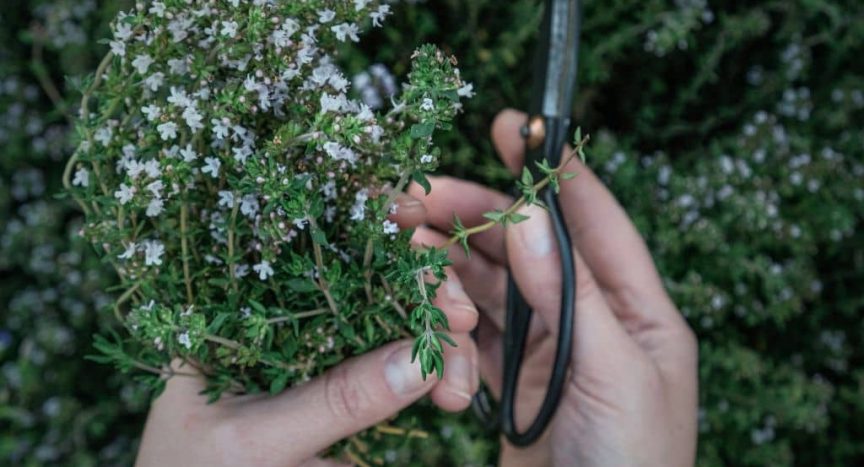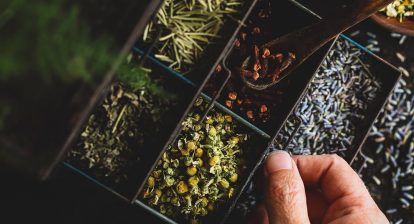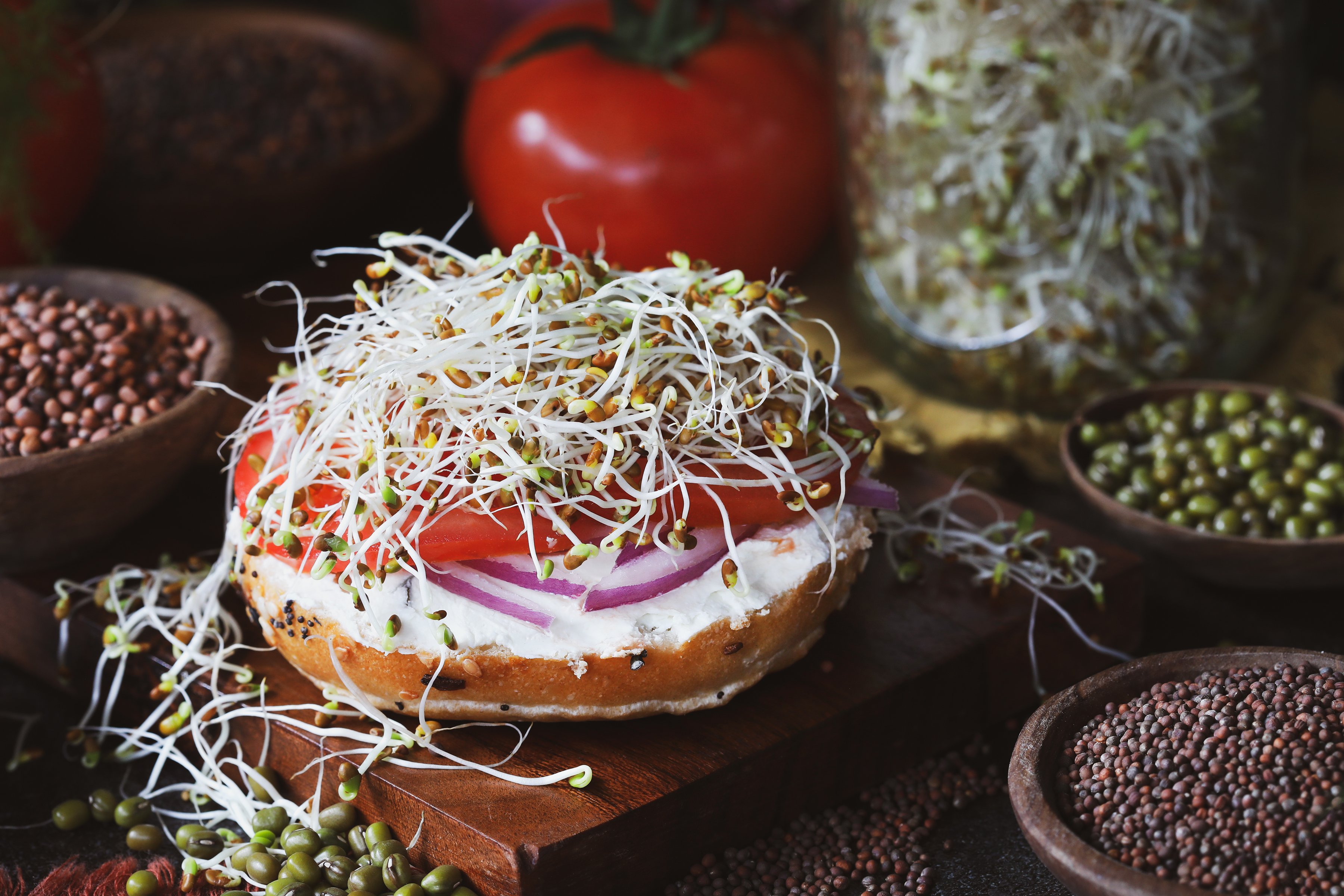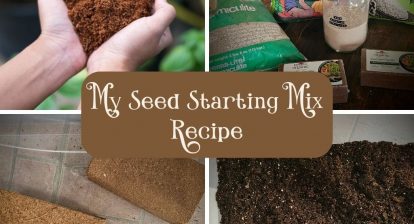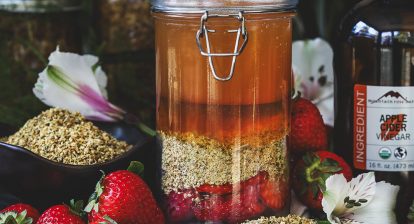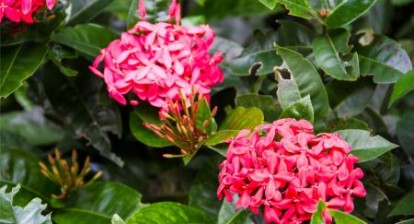Mutual relations with plants
In our fast-paced, technology-driven world, it's easy to forget that our ancestors had a much deeper connection with nature. They understood the language of plants, not through scientific analysis, but through intuition, observation and deep respect for the natural world. This connection was not only about using plants for their medicinal properties, but about recognizing them as sentient beings with their own soul and energy.
Like one bio-regional herbalist, I have always felt that this spiritual and reciprocal relationship with plants is what modern herbalism often overlooks. It's not just about harvesting and using plants; it's about understanding them, communicating with them, and recognizing their role in our lives beyond their physical attributes. When foraging, it's not just about what we can get; it's about asking permission, giving thanks, and making sure we leave enough behind for the ecosystem to continue to thrive.
This mutual relationship also extends to the way we care for the earth. It's about more than just sustainable harvesting; it's about stewardship of the land, to nurture the soil, water and biodiversity that allows these plants to thrive. It's about recognizing that we are part of a larger ecosystem and that our actions have a direct impact on the health and well-being of that system.
Incorporating this philosophy of reciprocity into modern herbalism can bring about a more holistic approach to healing—one that respects both the physical and spiritual aspects of plants. It encourages us to slow down, observe, listen and connect with plants on a deeper level. This approach not only enriches our practice as herbalists, but also fosters a greater sense of connection and responsibility to the natural world.
As we continue to explore and learn from the plant kingdom, let us remember to do so with a sense of humility, respect and gratitude. Let's strive to build a practice that honors the ancient wisdom of our ancestors while embracing the knowledge and advances of the modern world. By doing so, we can create a more sustainable, compassionate and connected form of herbalism that truly understands the essence of the plants we work with.
In the following sections, we'll explore the nuances of building meaningful relationships with plants, delve into practical ways to establish these connections, and compare ancient practices to modern herbalism.

